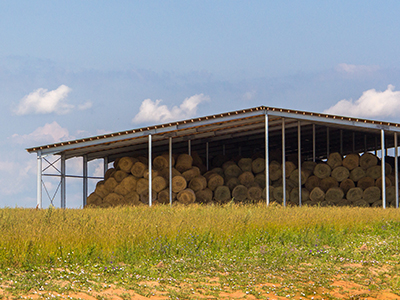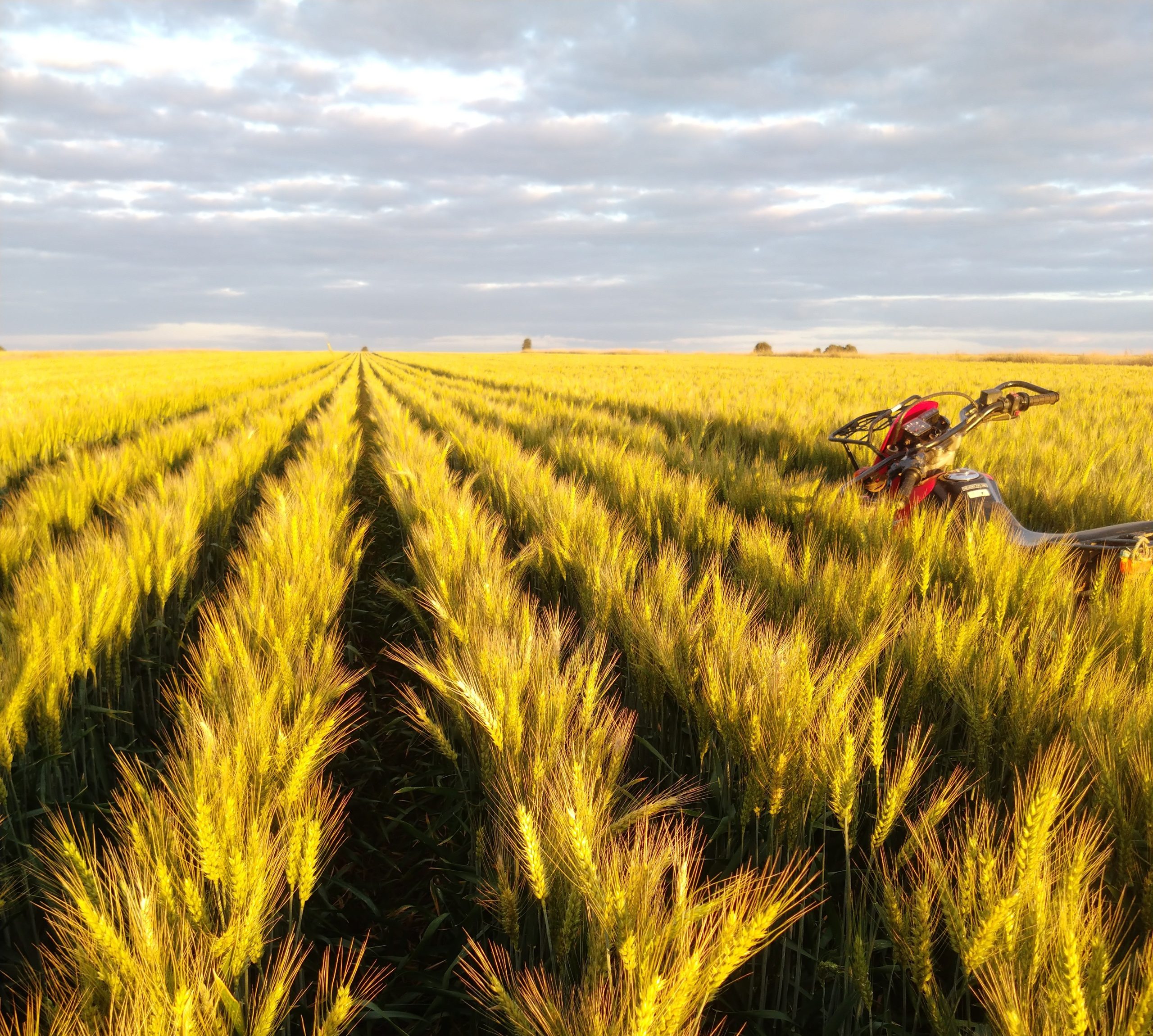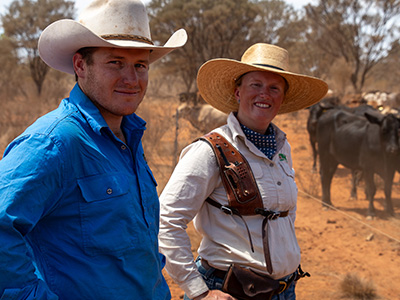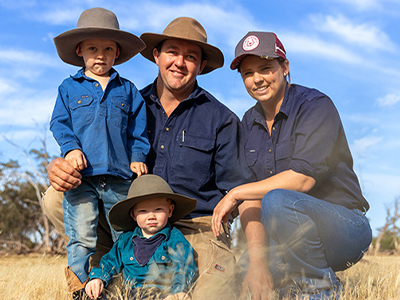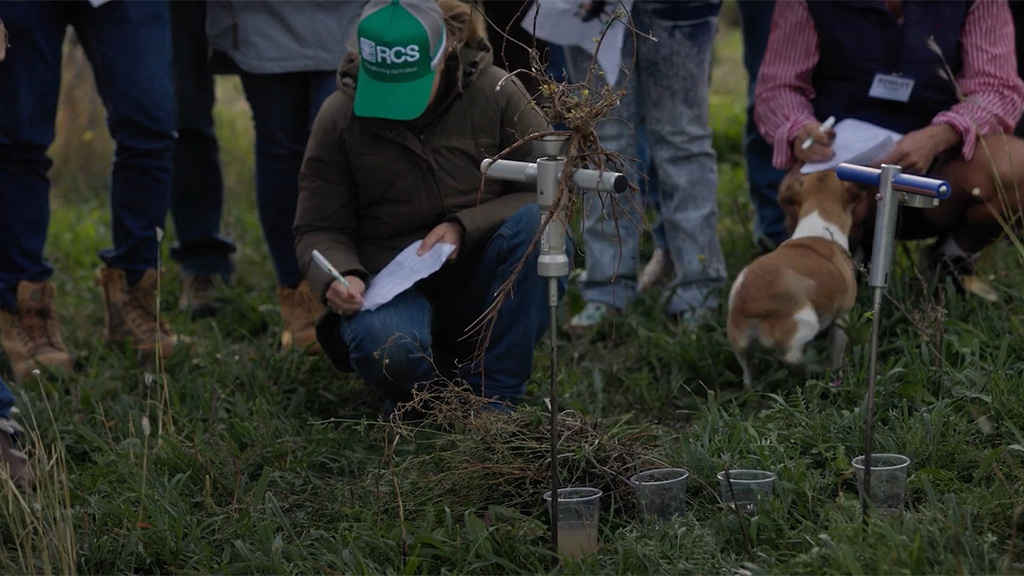Get clear on the vision and goals you have for your business. Once these are in place, develop the strategies and tactics to get there. To best achieve this, you’ll need to know how to calculate a gross margin and understand your own numbers.
Farm budgets and forecasting start with understanding the current situation and what you have right now. For a particular time frame, get clear on your expected purchases and sales, activities that need to be completed and approximate costs to complete all of those activities.
Management accounting is necessary to get the full economic picture of what is happening in your business. Keep good records that are easily retrievable and interpretable by anyone in the business and set up a chart of accounts so that costs can be allocated to divisions and enterprises. Lastly, do your own balance sheet using management figures.
It may all seem daunting to start with, but once you get the swing of things, it will pay off many times over.
